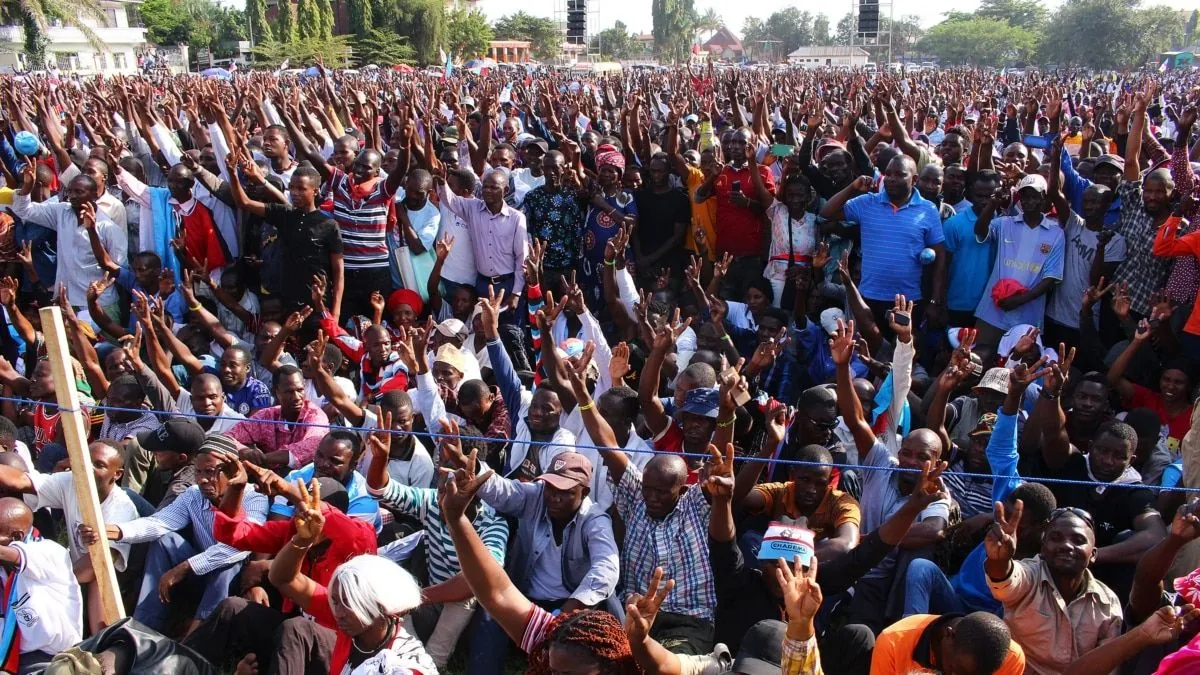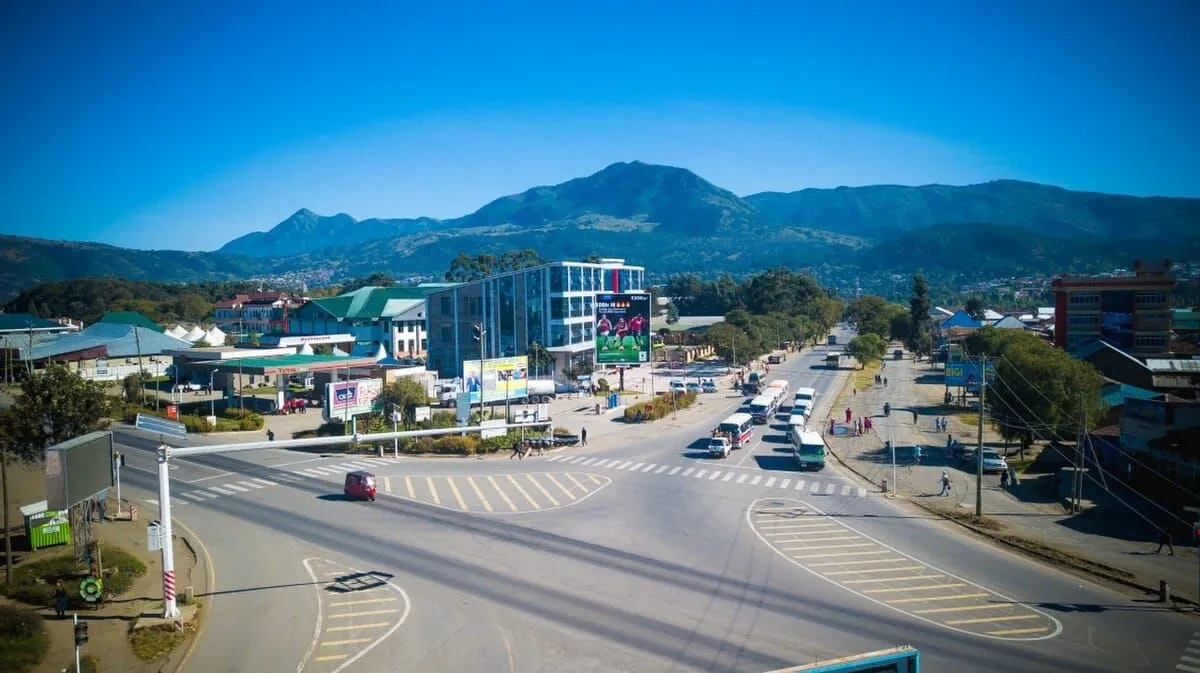Tanzania Releases Opposition Members Amid Crackdown Concerns
Tanzanian authorities release CHADEMA party leaders and supporters following mass arrests over a banned youth meeting. Human rights groups criticize the action as intimidation ahead of upcoming elections.

In a recent development in Tanzania, authorities have released several leaders of the main opposition party, CHADEMA, along with hundreds of their supporters. This action follows mass arrests related to a prohibited youth gathering in the southwestern city of Mbeya.
The arrests, which occurred on August 12 and 13, 2024, have drawn criticism from human rights organizations. Amnesty International has characterized these detentions as an attempt to intimidate the opposition in the lead-up to local government elections later this year and the national election scheduled for 2025.

Tanzania, an East African nation with a population of approximately 63 million, has been grappling with political tensions despite its relative stability compared to neighboring countries. The country, which gained independence in 1961, has held regular elections since adopting a multi-party system in 1992. However, the ruling party has maintained dominance throughout this period.
President Samia Suluhu Hassan, who became Tanzania's first female president in 2021, has implemented some measures to ease restrictions on media and opposition. Nevertheless, rights groups assert that arbitrary detentions have persisted under her leadership.
The police justified the ban on the CHADEMA youth wing meeting, citing concerns about potential breaches of peace. Police Commissioner Awadh Haji stated:
"We won't provide a chance to a few criminals to destroy peace by copying what is happening in neighbouring countries."
[[Police Commissioner's Statement]]
This statement likely alludes to recent youth-led protests in Kenya, which have inspired similar demonstrations in Nigeria and Uganda.
Freeman Mbowe, CHADEMA's Chairman, and Tundu Lissu, the Vice Chairman, were among those arrested and subsequently released. However, CHADEMA spokesperson John Mrema reported that some youth-wing supporters in Mbeya might still be in custody.
The situation in Tanzania reflects broader regional concerns about political freedoms and the right to assembly. As a member of both the East African Community (EAC) and the Southern African Development Community (SADC), Tanzania's political climate has implications beyond its borders.
Sarah Jackson, Amnesty International's deputy regional director for East and Southern Africa, has called on Tanzanian authorities to "end arbitrary arrests and detention of political opposition members and reverse the escalating crackdown on civic space."
As Tanzania approaches its upcoming elections, the international community will likely continue to monitor the country's political landscape closely. The balance between maintaining peace and allowing political expression remains a critical challenge for the nation's leadership.


































